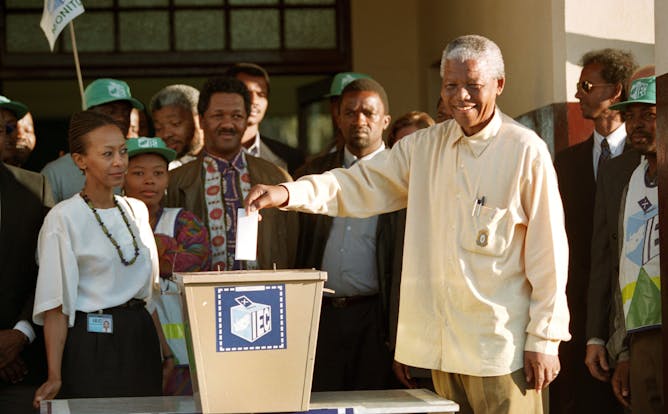|
Monday is an important day for The Conversation Canada. Our organization will be in Federal Court to challenge a ruling by Canada Revenue Agency to deny our application to become a Qualified Canadian Journalism Organization.
The QCJO designation was brought in by the federal government several years ago as a new program to help Canada’s struggling media industry. The main financial benefit for being designated a QCJO is the ability to claim tax credits for the costs of editorial salaries. The funds we would receive in the form of tax credits would go toward our goal of hiring more journalists. Our journey to become a recognized QCJO has been going on for five years. A similar ongoing attempt to become a charity has taken even longer. Both designations would help ensure a more secure financial future for our publication.
Coincidentally, I was invited to appear before a Senate roundtable in Ottawa earlier this week about the future of news media in Canada. This comes as traditional newsrooms have closed or have been hit by significant job cuts and new media start-ups face challenges in terms of audience share and funding.
During my remarks, I said the crisis in Canadian news has been misframed by the leaders of legacy news organizations. Their argument was that media companies needed financial assistance from the government to save their businesses. Instead, this should have been explained as a much larger public policy issue: in an age of misinformation and disinformation, what happens to a civil and democratic society when sources of trusted information disappear or are diminished to the point of ineffectiveness?
Regardless of the outcome of our court hearing next week, The Conversation will continue to provide our readers with explanatory journalism and expert-based analyses. Our mission is to share knowledge to help people make informed decisions.
As part of that mission, I’ve assembled some great reads – great journalism! – that we’ve published over the last week on a wide range of topics: why measels is making a comeback; problems with the federal government’s proposed legislation on artificial intelligence; the potential danger of an expanded war in the Middle East; some important issues around the legal definitions of sex and gender and a lovely and insightful story on the continued resurgence of vinyl record albums.
Have a great weekend and we’ll be back in your Inbox on Monday.
|
Weekend Reads: A sample of our great journalism
|

Josh Greenberg, Carleton University
Vinyl’s unlikely comeback story is linked to a combination of slick marketing, claims of superior sound, its polysensorial character and how it evokes nostalgia to construct and reconstitute memory.
| |

Adam R Houston, L’Université d’Ottawa/University of Ottawa; Jason Nickerson, L’Université d’Ottawa/University of Ottawa
Any upsurge in measles is of real concern, but in settings aggravated by poor living conditions and malnutrition, it can be disastrous. It can affect adults, but young children are at particular risk.
|

Valerie A. Lapointe, Université du Québec à Montréal (UQAM); Simon Dubé, Indiana University
As AI tools for image and video generation become more widely available, this will have impacts on the production of pornography.
| |

Joanna Redden, Western University; Fenwick McKelvey, Concordia University
The Canadian government’s proposed legislation to regulate artificial intelligence doesn’t address the government’s own applications. More oversight and consultations are needed to protect Canadians.
|

Debra M Haak, Queen's University, Ontario
Transparent public discussions are needed around how ‘sex,’ ‘gender identity’ and ‘gender expression’ are being defined and given effect in education, law, public policy and beyond.
| |

Emilie El Khoury, Queen's University, Ontario
Since the war began, Israel has exchanged tit-for-tat cross-border attacks with the Lebanese armed group Hezbollah. It is imperative to prioritize diplomatic solutions that end the violence.
|
|
|

Fritz Holznagel, The Conversation
Test your knowledge with a weekly quiz drawn from some of our favorite stories.
|

Vinita Srivastava, The Conversation; Ateqah Khaki, The Conversation
Refugee programs in Canada have always been politicized, but more so in recent years, evidenced in discrepancies between programs for refugees from Gaza and Sudan and those from Ukraine.
|

Gemma Ware, The Conversation; Thabo Leshilo, The Conversation
The first episode of What happened to Nelson Mandela’s South Africa?, a three-part podcast series on The Conversation Weekly. Featuring interviews with Steven Friedman and Sandy Africa.
|